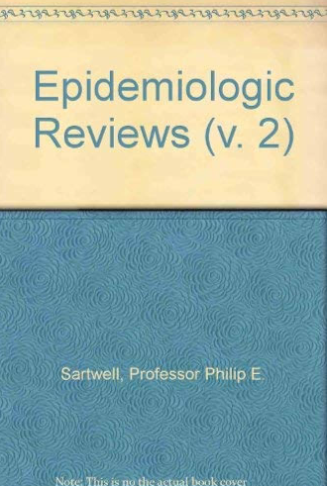Alcohol use and substance use disorders in Gulf War, Afghanistan, and Iraq War veterans compared with nondeployed military personnel.
IF 5.2
2区 医学
Q1 PUBLIC, ENVIRONMENTAL & OCCUPATIONAL HEALTH
引用次数: 61
Abstract
Although recent veterans have been found to be at increased risk of psychiatric disorders, limited research has focused on alcohol or substance use disorders. This systematic review and meta-analysis examined whether alcohol or substance use disorders were more common in Gulf War, Afghanistan, and Iraq War veterans compared with military comparison groups nondeployed to the corresponding conflict, including never deployed personnel. Literature was searched (1990-2014) in multiple electronic databases. Studies were assessed for eligibility and quality, including risk of bias. Eighteen studies (1997-2014) met inclusion criteria. Pooled analysis based on a random-effects model yielded a summary odds ratio of 1.33 (95% confidence interval (CI): 1.22, 1.46) for alcohol (7 studies) and 2.13 (95% CI: 0.96, 4.72) for substance use (3 studies) disorders among Gulf War veterans, as well as 1.36 (95% CI: 1.11, 1.66) for alcohol (7 studies) and 1.14 (95% CI: 1.04, 1.25) for substance use (4 studies) disorders among Iraq/Afghanistan veterans; meta-regressions found no statistically significant association between theater of war and alcohol use or substance use disorders. Our findings indicate that Gulf and Iraq/Afghanistan war veterans are at higher alcohol use disorder risk than nondeployed veterans, but further studies with increased power are needed to assess substance use disorder risk in Gulf War veteran populations.海湾战争、阿富汗战争和伊拉克战争退伍军人与非部署军人的酒精使用和物质使用障碍比较
虽然最近的退伍军人被发现患精神疾病的风险增加,但有限的研究集中在酒精或物质使用障碍上。本系统回顾和荟萃分析研究了在海湾战争、阿富汗战争和伊拉克战争退伍军人中,酒精或物质使用障碍是否比未部署到相应冲突的军事对照组更常见,包括从未部署过的人员。在多个电子数据库中检索文献(1990-2014)。评估研究的资格和质量,包括偏倚风险。18项研究(1997-2014)符合纳入标准。基于随机效应模型的汇总分析得出,海湾战争退伍军人中酒精(7项研究)的总比值比为1.33(95%可信区间(CI): 1.22, 1.46),物质使用障碍(3项研究)的总比值比为2.13 (95% CI: 0.96, 4.72),伊拉克/阿富汗退伍军人中酒精(7项研究)的总比值比为1.36 (95% CI: 1.11, 1.66),物质使用障碍(4项研究)的总比值比为1.14 (95% CI: 1.04, 1.25);元回归发现,战区与酒精使用或物质使用障碍之间没有统计学上显著的关联。我们的研究结果表明,海湾战争和伊拉克/阿富汗战争退伍军人比未部署的退伍军人有更高的酒精使用障碍风险,但需要进一步的研究来评估海湾战争退伍军人群体的物质使用障碍风险。
本文章由计算机程序翻译,如有差异,请以英文原文为准。
求助全文
约1分钟内获得全文
求助全文
来源期刊

Epidemiologic Reviews
医学-公共卫生、环境卫生与职业卫生
CiteScore
8.10
自引率
0.00%
发文量
10
期刊介绍:
Epidemiologic Reviews is a leading review journal in public health. Published once a year, issues collect review articles on a particular subject. Recent issues have focused on The Obesity Epidemic, Epidemiologic Research on Health Disparities, and Epidemiologic Approaches to Global Health.
 求助内容:
求助内容: 应助结果提醒方式:
应助结果提醒方式:


